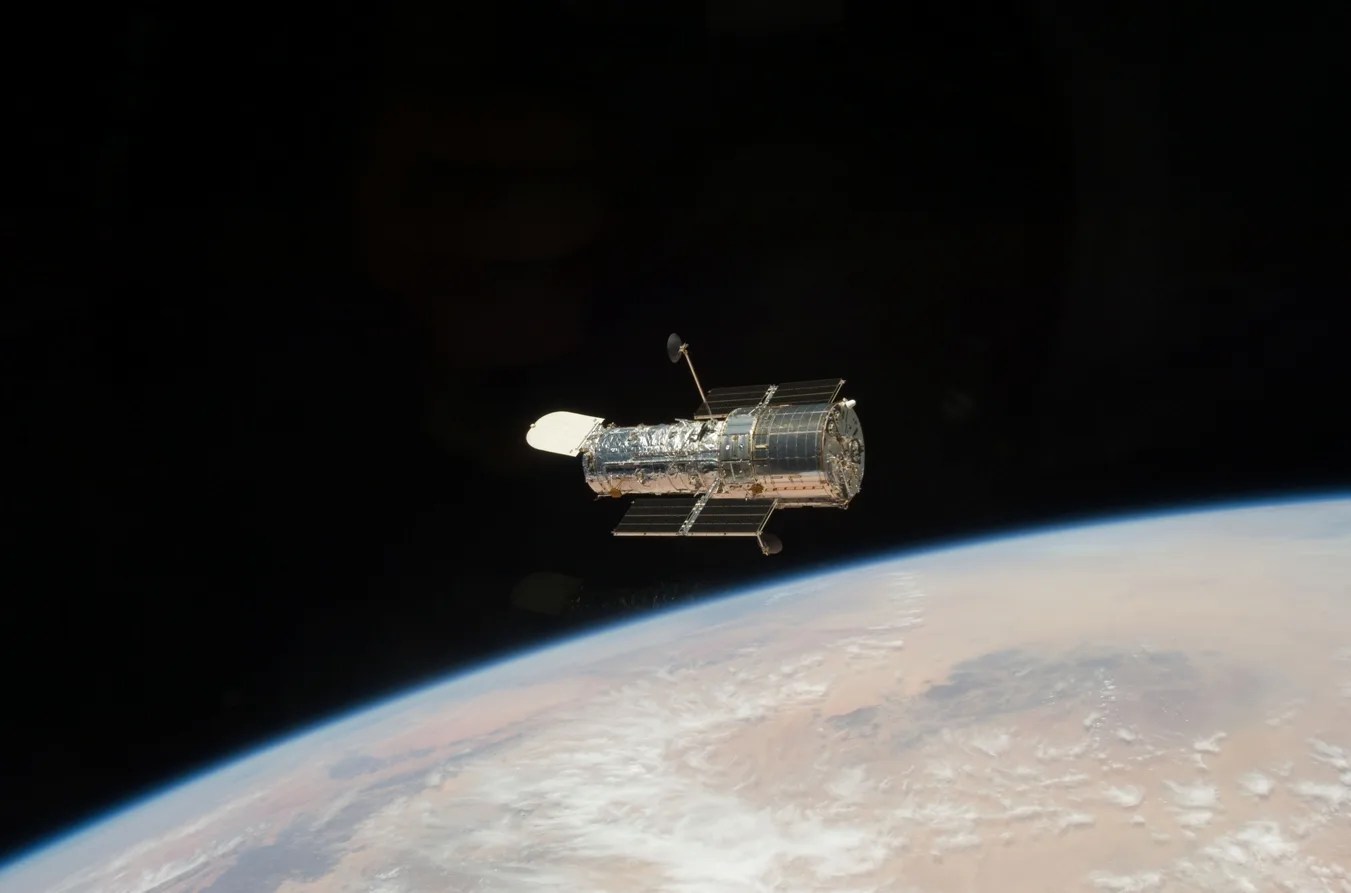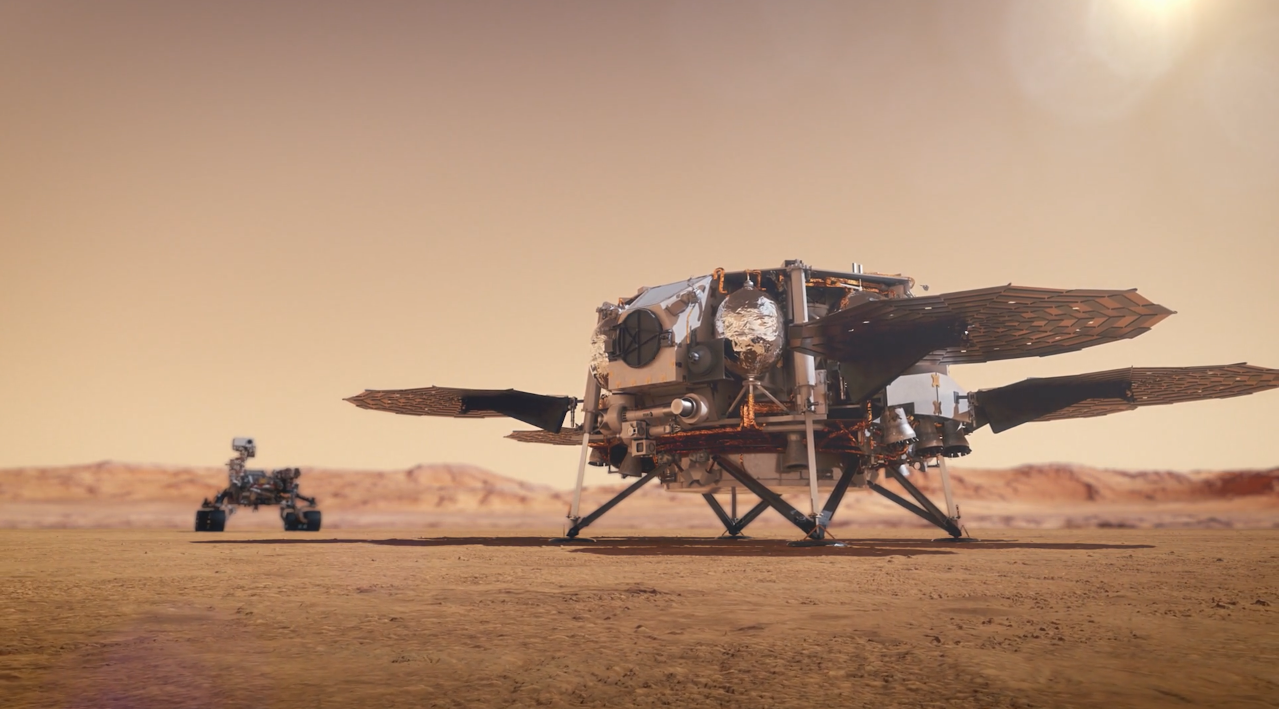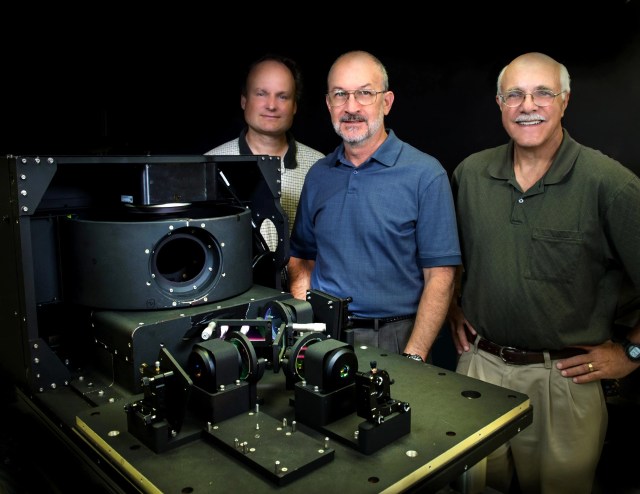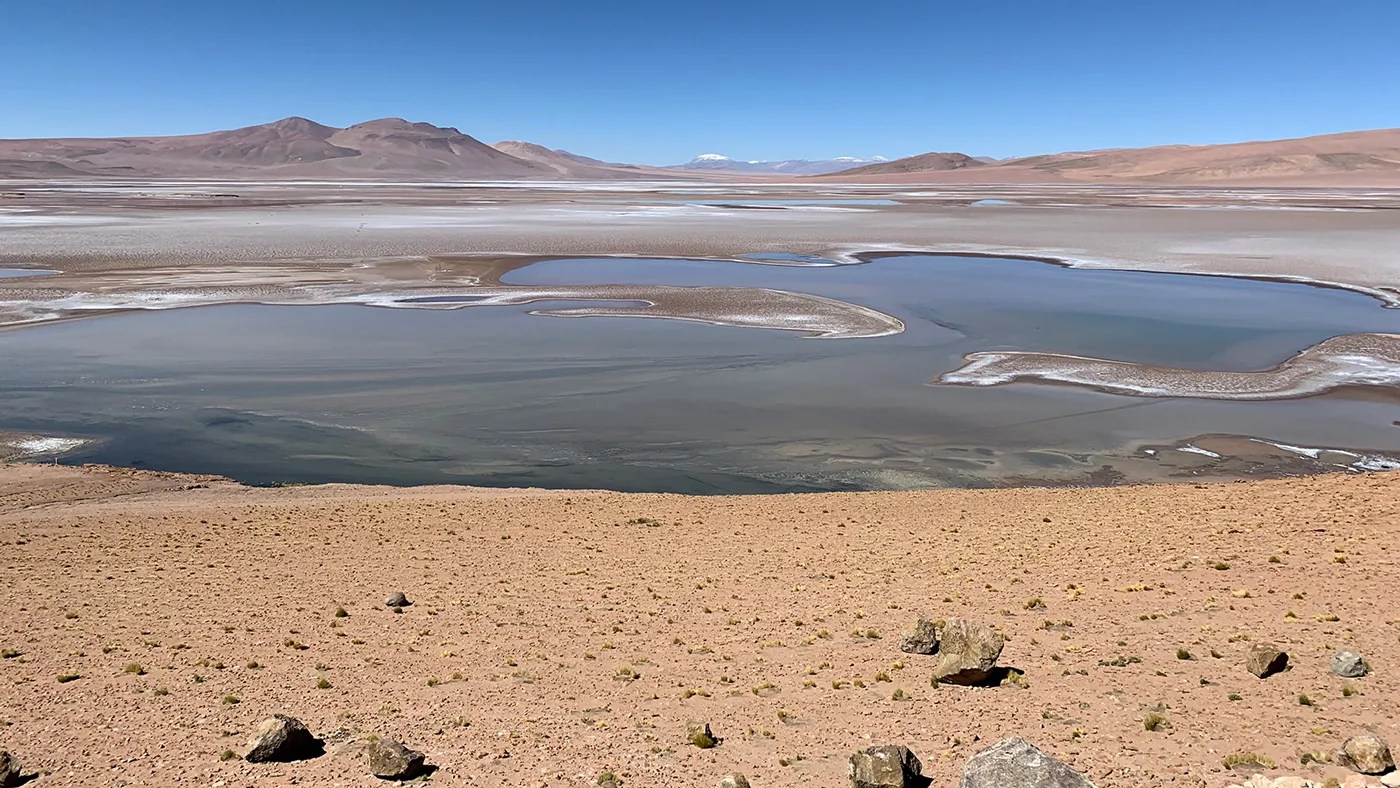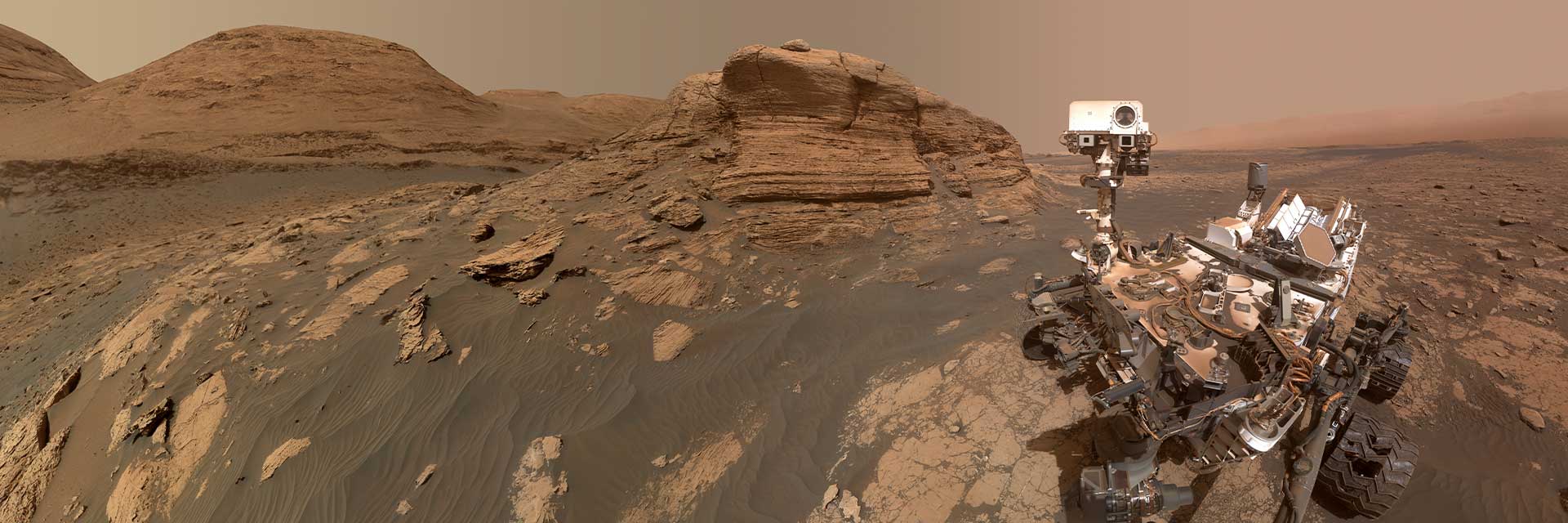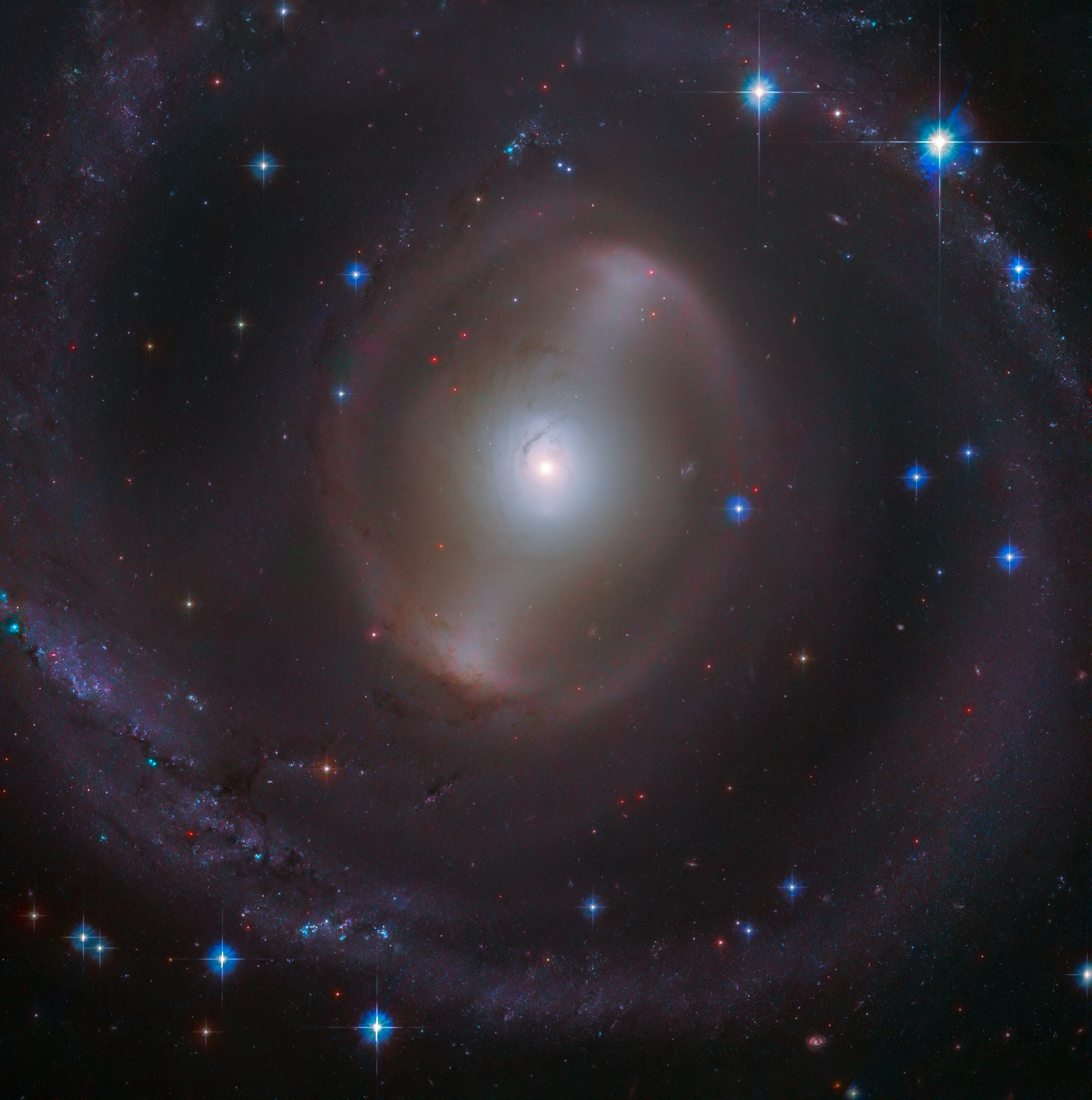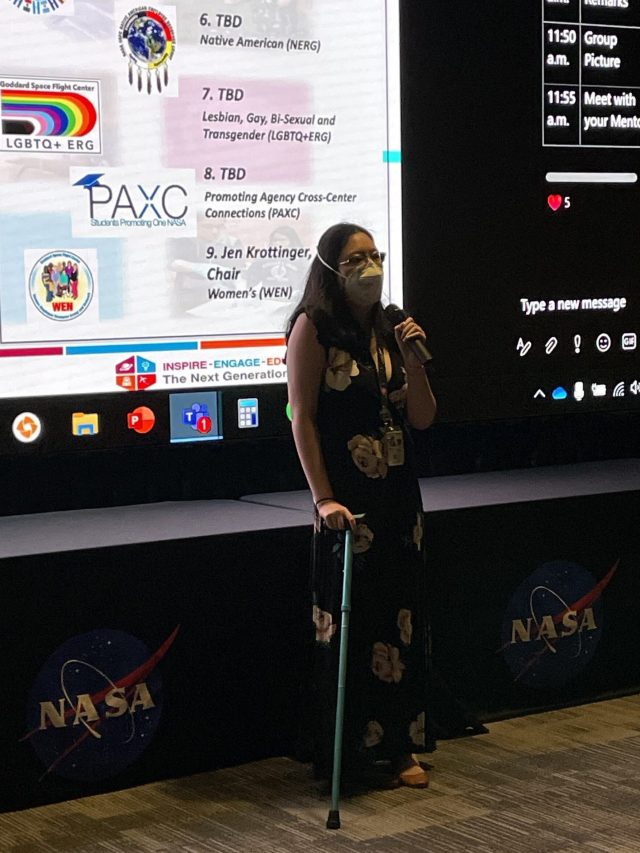Elizabeth Boroson
University of Southern California
A major challenge in robotics research is deployment of groups of robots in unstructured environments, like those where they need to adapt to new or changing conditions and are at high risk of sustaining damage. Planetary exploration is an example of such an unknown environment. As we explore farther from Earth, the communication delay makes human control infeasible, so robots must operate autonomously. Groups of robots provide robustness to damage that individual rovers do not have, but uncertainty in these unstructured environments presents a significant challenge for coordination.
The goal of this proposal is the development of distributed policies for teams of robots that allow them to coordinate in unknown environments with limitations like those of planetary exploration. These teams will use models of existing sensors and preplanned behaviors whenever they are available. However, these plans are often large or computationally expensive to execute, and may not work well if the environment differs from models. To overcome this, the teams will build on those models with distributed reinforcement learning for high-level coordination and adaptation to different types of obstacles. The trained groups will be evaluated in scenarios with challenges that might be experienced during planetary exploration, including damage to one or more robots and unexpected physical obstacles in the environment. Training and testing will be done in simulations which will be developed to model realistic environments, sensors, tasks, and obstacles like those found in planetary exploration.


